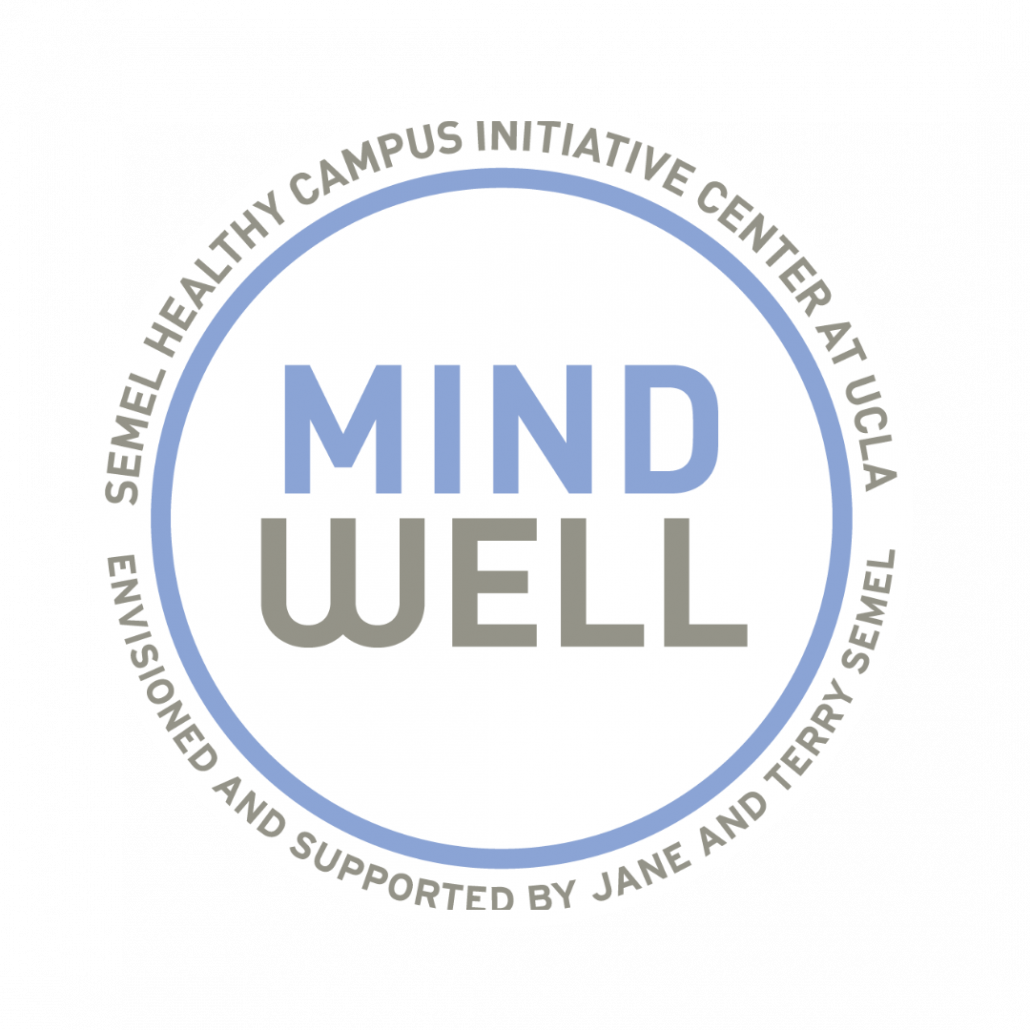The Clinical Corner: How cancer affects mental wellbeing in patients
Receiving a cancer diagnosis can be the single most terrifying and life-changing moment in many patients’ lives. Coping with this news in a healthy way is an important part of the treatment and recovery process, one that may actually affect how disease recovery and remission progresses.
It may come as no surprise that a life-threatening disease diagnosis tends to adversely affect the mental states of many patients, but some research also suggests that depression in patients may lead to worse symptoms of the physical disease.
The two way street between mental and physical health
The National Institute of Mental Health (NIMH) reports that “it is common to feel sad or discouraged” after a serious diagnosis or during pain management. However, distinguishing those feelings from more acute mental health concerns is important for both mental and physical health.
When depression symptomatology lasts longer than a few weeks it can become a serious hindrance to cancer care, treatment, and decreases a patient’s overall quality of life. In fact, the NIMH found that co-occurrence of mental and physical health issues is common.
David K. Wellisch, UCLA professor of psychiatry and behavioral science and doctor of psychology at Ronald Reagan UCLA Medical Center, says that 66 percent of cancer patients have an adjustment disorder. “It’s very common,” says Wellisch. “The issue becomes, is it transient, or does it persist and become clinical depression?”
Patients with chronic physical illnesses are more likely than the general population to develop depression, and the same is true of the opposite. According to the NIMH, people with depression are more likely to receive a serious physical health diagnosis and experience more severe symptoms.
In some cases, these relationships even have their own set of terminology. Cancer-related post-traumatic stress (PTS) has been described as presenting similarly to post-traumatic stress disorder (PTSD). The National Cancer Institute found that as many as 25 percent of cancer survivors experience symptoms of depression, 42 percent experience anxiety, and survivors are 50 percent more likely to commit suicide than the general population.
A study published by Australian psychiatrists Jane Turner and Brian Kelly in the Western Journal of Medicine called Emotional dimensions of chronic diseases, highlights the ways in which depression may affect a patient’s chances of disease recovery.
“Even mild depression may reduce a person’s motivation to gain access to medical care and to follow treatment plans,” wrote Turner and Kelly. Failing to follow treatment plans could lead to an exacerbation of the medical condition, which in turn feeds the mental disturbance, creating a cycle. The study also notes that diagnosing depression in physically ill patients is difficult, as common symptoms like sleep disruption or mood swings may be the result of the medical condition.
Encouragement from family members may not be enough to result in a patient seeking psychological help, so hospitals and oncology professionals must be equipped to provide patients with the resources they need. Additionally, training these doctors to be aware of depressive symptomatology will increase the likelihood that a mental condition is treated before it becomes a bigger concern.
How machines may be able to help
Artificial Intelligence (AI) has become something of a buzzword in the medical field, with promises of streamlined healthcare IT, better disease diagnosis rates, and even tailored treatment plans on a patient by patient basis. An AI system developed at the University of Surrey, in partnership with the University of California, San Francisco, may even be able to predict mental health symptoms in patients.
A study published in the PLOS One Journal reported that researchers were able to create a machine learning based program to accurately predict the symptoms of depression, anxiety and sleep disturbance in cancer patients. This program, which sorts symptoms by likely severity, could lead to an increase in patient quality of life and even help allocate mental health resources correctly.
Payam Barnaghi, a professor of machine intelligence at the University of Surrey, remarked on how these programs could positively affect cancer patients.
“They can help clinicians identify high-risk patients, help and support their symptom experience and preemptively plan a way to manage those symptoms and improve quality of life,” Barnaghi said.
Where mental health support is needed most
Studies proving these connections between mental health and disease mortality, suicide, and continuing mental health concerns after treatment are plenty. Just as cancer treatment considers to monitor for reappearances of tumors after remission, mental health resources should be accessible long after treatment is over.
The University of Surrey’s intellectual investment into alleviating mental health concerns for cancer patients could signify an important shift in the way the oncology field prioritizes a patient’s mental wellbeing.
The need for comprehensive mental healthcare is large, considering the implications of failure to treat these patients. A study conducted at Tilburg University in the Netherlands found an increased mortality rate of 19 percent among cancer patients with depression.
Disease severity may be a factor in these cases of depression and suicide, where conditions with shorter life expectencies and worse symptoms could cause more mental health issues. Cancer is a notoriously unpleasant disease, and variations like mesothelioma, which moves quickly and aggressively, are especially bleak diagnoses to receive. The Australian Psychological Society studied the connection between mesothelioma and depression, finding that lung cancers have “been associated with greater morbidity and higher levels of psychological distress than any other form.”
Age is also an important factor in allocating mental health resources. A Canadian study in the journal Breast Cancer Research and Treatment found that “depression is strongly associated with mortality in younger patients with early stage breast cancer.” For continuing care, factors beyond disease severity or longevity should be considered, as clearly younger patients are more at risk. Still another factor to pay attention to is location. An American Cancer Society study reported in cancer survivors, “clinically significant psychological distress” was 5 percent more likely in rural than urban survivors.
Making resources a part of holistic cancer treatment would ensure that cancer survivors don’t feel alone, and even have the possibility to reduce mortality and suicide among those affected. For example, the Seattle Cancer Care Alliance (SCCA) has adopted what they refer to as a collaborative care model.
“Collaborative care is patient focused,” said Tammy Wetzman, an oncology social worker at SCCA, in an interview with Social Work Today. “It provides centralized psychosocial care for our patients. The care manager, generally a clinical social worker, who is a key member of the medical team, has regular interaction and collaboration with psychiatry and psychology colleagues and other supportive care providers to create a multidisciplinary and cohesive team that can deliver comprehensive and holistic care.”
Dr. Anne Coscarelli, director of the Simms/Mann UCLA Center for Integrative Oncology, has noticed a decided shift in the mental health care for cancer patients from the beginning of her career to present day, she said in a UCLA Health interview.
“The focus was on how to get the cancer under control,” Dr. Coscarelli said. “Now we’re paying attention to the whole person with cancer. There is a greater awareness that cancer affects more than just the body.”
Emily Walsh is the Director of Community Outreach at Mesothelioma.com, which has been working for 22 years to connect patients and their families with authentic and helpful information and resources. Walsh stays up to date on the latest cancer research and asbestos news to advocate for a full fledged asbestos ban and promote healthy information for cancer patients.



